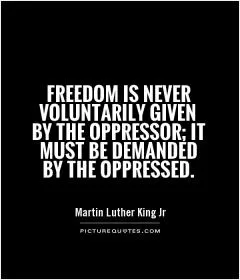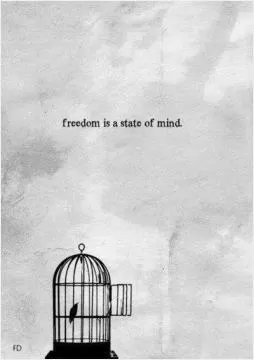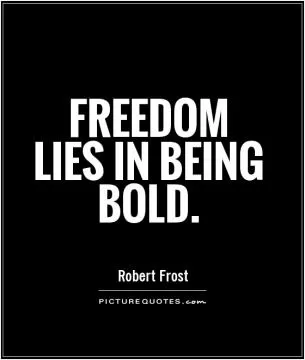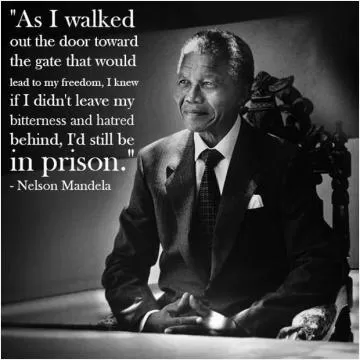I know but one freedom, and that is the freedom of the mind

I know but one freedom, and that is the freedom of the mind
Antoine de Saint-Exupéry, the renowned French writer, poet, and aviator, is best known for his timeless classic, "The Little Prince." Throughout his life, Saint-Exupéry was a strong advocate for freedom of thought and the power of the human mind. His quote, "I know but one freedom, and that is the freedom of the mind," encapsulates his belief in the importance of intellectual independence and the ability to think freely.Saint-Exupéry's own life was marked by a deep sense of adventure and exploration, both in the physical world as an aviator and in the realm of ideas as a writer. He believed that true freedom could only be achieved through the liberation of the mind from the constraints of societal norms, prejudices, and limitations. For Saint-Exupéry, the ability to think critically, creatively, and independently was the key to unlocking one's full potential and living a fulfilling life.
In "The Little Prince," Saint-Exupéry explores themes of imagination, curiosity, and the power of the human spirit. The titular character, the Little Prince, embodies the innocence and wonder of childhood, reminding readers of the importance of maintaining a sense of curiosity and openness to new ideas. Through his interactions with the various characters he meets on his journey, the Little Prince learns valuable lessons about love, friendship, and the complexities of human nature.
Saint-Exupéry's belief in the freedom of the mind is reflected in his writing, which encourages readers to question the status quo, challenge their assumptions, and embrace the unknown. He believed that true freedom comes from within, from the ability to think for oneself and to follow one's own path, even in the face of adversity.












 Friendship Quotes
Friendship Quotes Love Quotes
Love Quotes Life Quotes
Life Quotes Funny Quotes
Funny Quotes Motivational Quotes
Motivational Quotes Inspirational Quotes
Inspirational Quotes